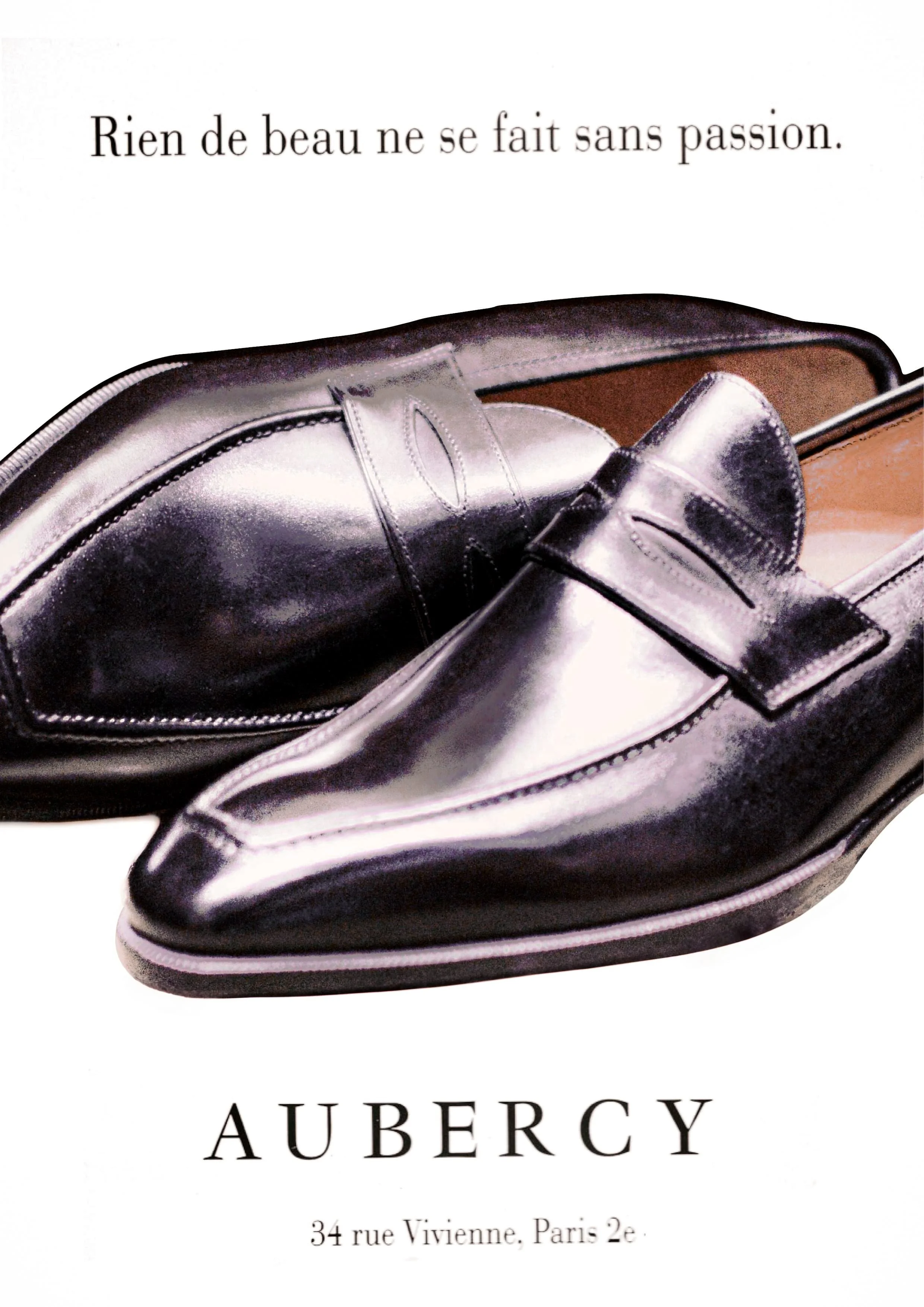Paris Is a Place. Paris Is a Person.
January 2025
BY GEORGETTE MOGER
“I’m leaving my life behind. I don’t know if it will be through madness or hope, but something is going to be revealed—a world so full, so rich and unexpected, I’ll have the extraordinary adventure of becoming a different me.” — Simone de Beauvoir
When I first read those words, I was living them, in all the madness, hope, and revelation my city was to me, each time I opened my door.
“Something in the New York air makes sleep useless,” de Beauvoir observed in America Day by Day. Arriving in the U.S. in 1947, she had seen war’s unthinkable loss and lives torn apart. Her new life meant days of plain blank pages. She felt as free and unburdened as I did when I first arrived in New York—I longed for that feeling once again.
In 2015, my husband’s sudden death made me a newlywed and a widow all in three months. Existentialism, through de Beauvoir, would console me. Her words, by New York example, would transport me. But not as expected. At least not quite at first.
In mourning, we can barely pry our cheeks from pillows stiff with last night’s tears. Knowing I was not yet ready for Paris, I chose Los Angeles. A numbing opposite, I thought, to Manhattan. New friends were hard to come by without a façade that everything was just wonderful, and to me, it wasn’t. My soul felt utterly frostbitten. I moved to a place where tragedy is when it rains on a beach day. In L.A., it never rains. No one ever gets frostbite. It is always a beach day.
Unlike Simone in New York, I could not come to Paris as an experiment. I wanted to commit with a clearer head. Light on all baggage and no return ticket. Why would you entertain a relationship with Paris if your heart was still in San Francisco, or if Manhattan still made your pulse race in a way that doesn’t feel like you’re on the brink of a coronary?
I had written a hospitality memoir about my husband that was translated into French, lending reason to visit Paris. Beyond book events, I adored being in the company of uplifting, compassionate new friends, many who found talking about death the most natural thing in the world. My appetite returned, and so did my laughter, realizing that here was where my mourning could lighten, perhaps even lift. Still, I feared a transatlantic transfer of loss still processing. While Paris is both an empath and an attentive analyst, no one should take up residency in their therapist’s office. You return home a bit enlightened and greet the week with fresh perspective. You save Paris until you’re ready to learn her language, not constantly unload in your own.
Imagine Paris is a person you’ve waited for years to ask to tea. What would you bring to the table if you met her with no life experiences? Before passports were packed with stamps? Before proving you were capable of making success stories out of seemingly irrational ideas? France is a country of triumph and tragedies overcome: Do you have enough of your own? Enough to comprehend the degree of gallows humor ingrained in her culture?
Grief is a transferable emotion. It clouds our judgment, prevents us from speaking with confidence and candor. We internalize it around new friends, not wishing it to rub off or wrongly. We fall into relationships without having properly mourned the one preceding. We run, open-wounded, to places we hope will heal us. Settling there for a bandage, we block ourselves from the life enriching experiences we could be having in fresh new geography.
We should be bravely embracing a new way of making ourselves understood, but we’re too overwhelmed to be open communicators. Instead, we lose ourselves in walks down unfamiliar passages, through gentle parks rendered red and gold in autumn, silvery grey and silent in winter, abloom with roses in the spring. As each enchanting corner nears, still our eyes remain only halfway open. We cannot fully immerse ourselves in the wonder of it all with our plus-one: grief, our unwavering sidekick.
France is a country of triumph and tragedies overcome: Do you have enough of your own? Enough to comprehend the degree of gallows humor ingrained in her culture?
We save places for ourselves, like music we think we know, the mind forming a pleasing melody of violins undiscerned from the cellos, the oboes from the bassoons. We do the same with people we’re not yet ready to truly know. From a few charming measures, we build nuances of a personality. What an exquisite character we’ve composed from a met glance that swells through the remains of our day, the cadence of a sonata.
Like the object of our affection, we cannot get out of our head, Paris becomes ever more beautiful in the long moments between our hope in seeing her once more, and the sorrow we’d feel never crossing her path again. We fear her icily rejecting us for not understanding her in the least. Bien sûr. Of course we don’t, and if we keep seeing her en rose, we’ve no business thinking we are ready to pursue anything other than a long weekend with her.
I waited years to deeply appreciate Paris unencumbered by other distractions. I needed to understand her complications, her love of a good argument, her fierce protests when she doesn’t get her way. It would take time for us both to know she was so much more than a pleasant distraction from my sorrow. Over roughly 36 visits, Paris had introduced me to a rogue’s gallery of new friends: elder veuves, kindly shopkeepers, storytelling chapelières and fromagiers, each determined to improve my communication. Un jour, tu vivras ici.
When you love someone, you finish their sentences for them. Quand tu aimes quelqu’un, tu finis ses phrases. You’re ready for Paris when you feel more embraced than embarrassed pronouncing phrases, as fraise. Why of course, that’s also what we do for someone we love; we finish their strawberries and their sentences.
Previously, I’d pantomime or freeze, but now I meet counterfumbles with humor and humility. I feel a genuine acceptance in the amused warmth pealing over their faces, their smiles reading: “It's okay. We know it's a hard language.” It’s like being let in on a secret only Parisians know. Like learning the true reason mimes stay mute. They don’t know French.
Like the object of our affection, we cannot get out of our head, Paris becomes ever more beautiful in the long moments between our hope in seeing her once more, and the sorrow we’d feel never crossing her path again.
The fromager recalls my quest to be reunited with a cheese from Occitanie. I fall in love with Paris a little more when he emerges with it from his walk-in. The modiste understands my love of the Belle Époque and tenderly secures my hair around the perimeter of a chartreuse headband. I fall in love with Paris a little more turning to the mirror to see she’s transformed me into the reincarnation of a muse to Alphonse Mucha.
We become more endeared to people when they show that they’ve paid attention to what endears us. We become more endeared to a place knowing such people exist there.
We accept our Paris, our person, as they are. We don’t judge her on historical regrets, her idiosyncratic behavior, or her impossibly high standards. Her nattering on about us needing a bank account to rent an apartment, then chirping to us from the next room about the apartment we need to rent, proving we’ve opened a bank account. We love her more with every loophole we discover to her heart.
She’s taught us that landing her is something you learn to do slowly, reverently, softly, and kindly. And a soft landing is just the kind you want.


